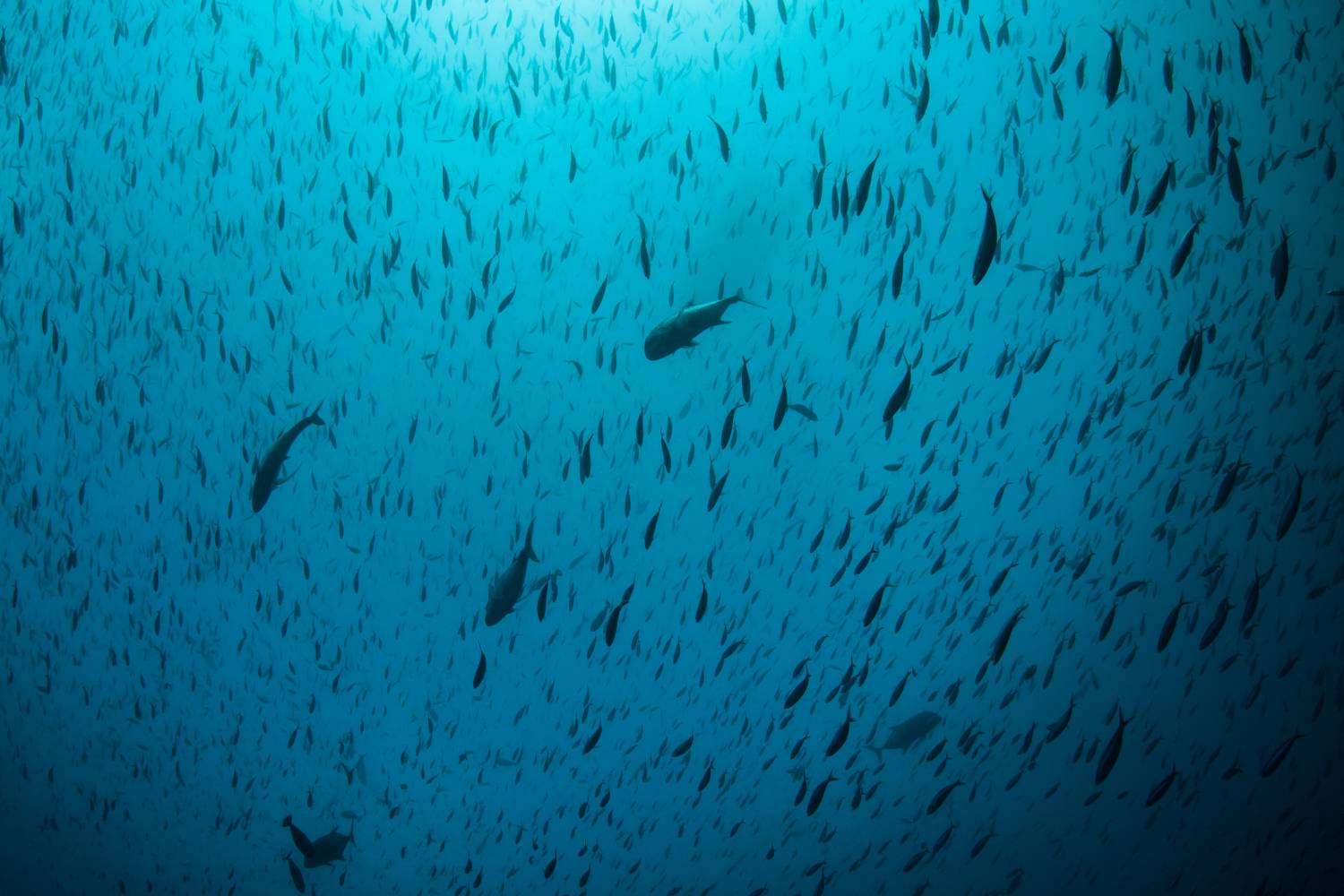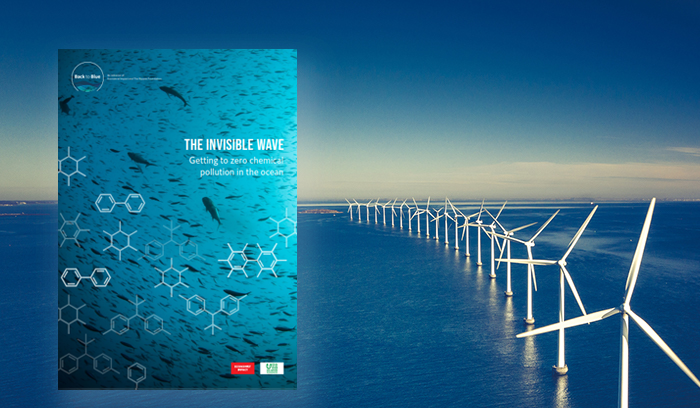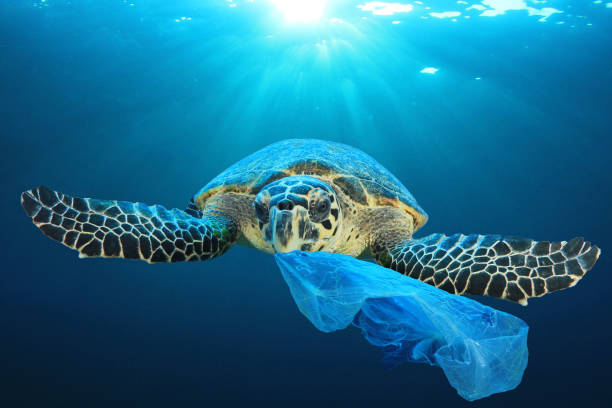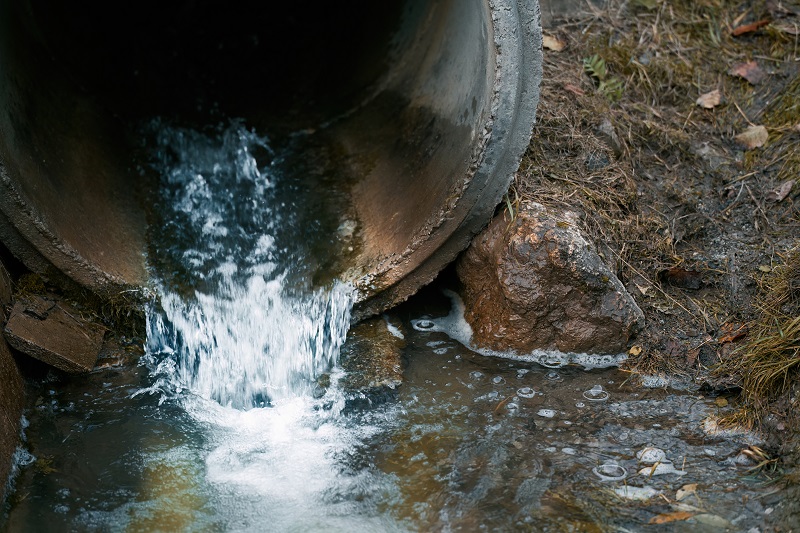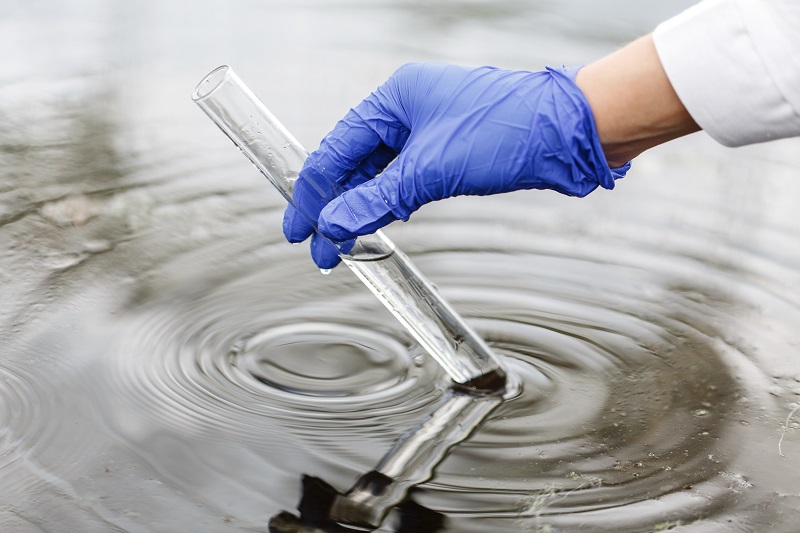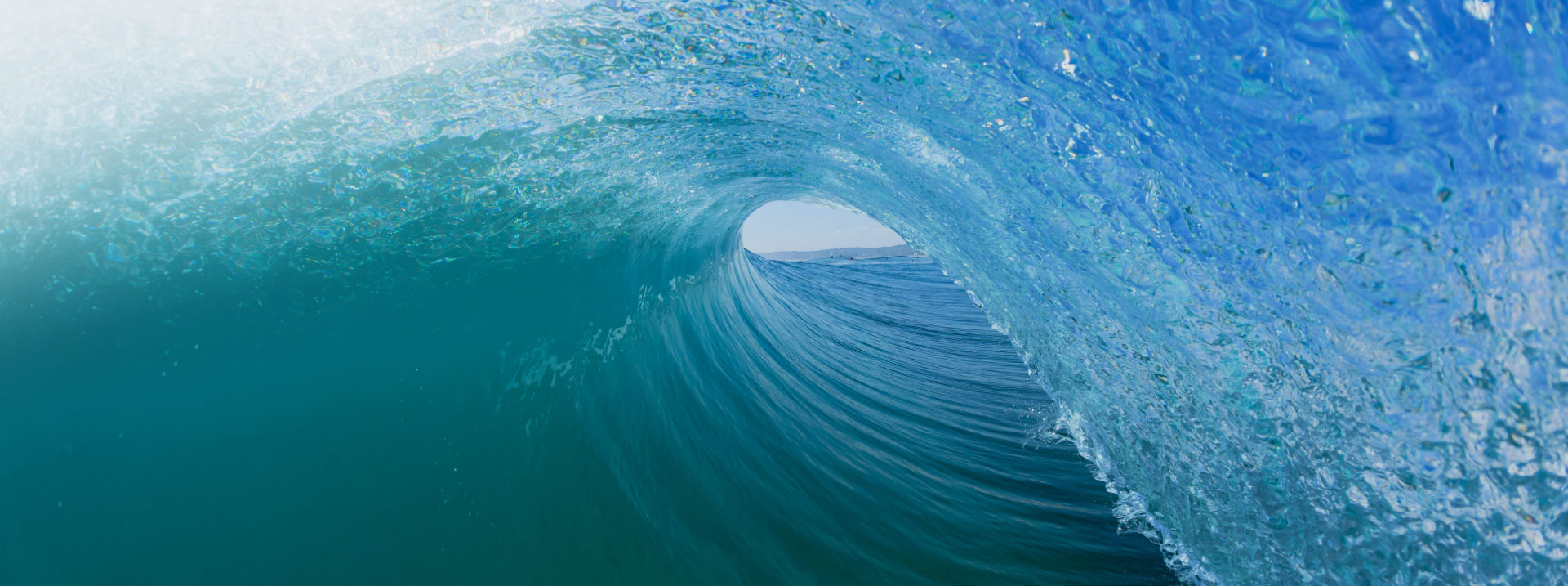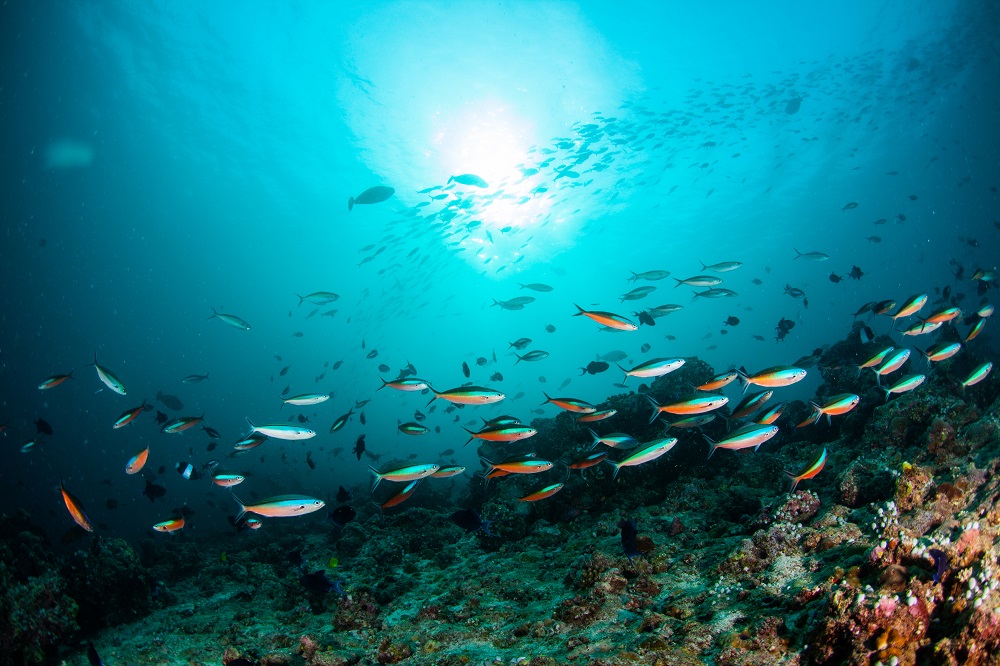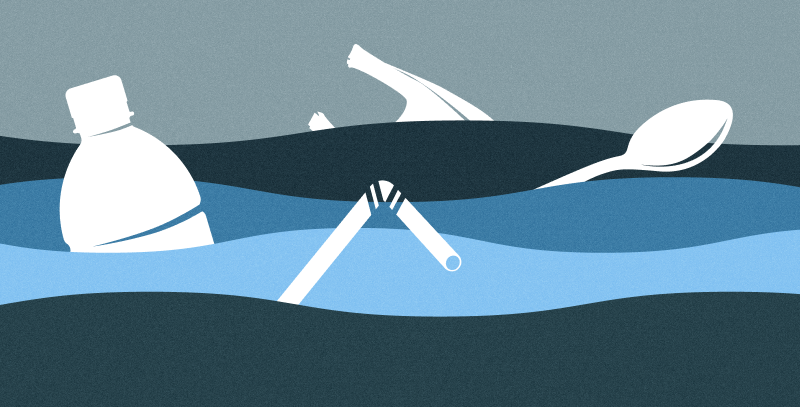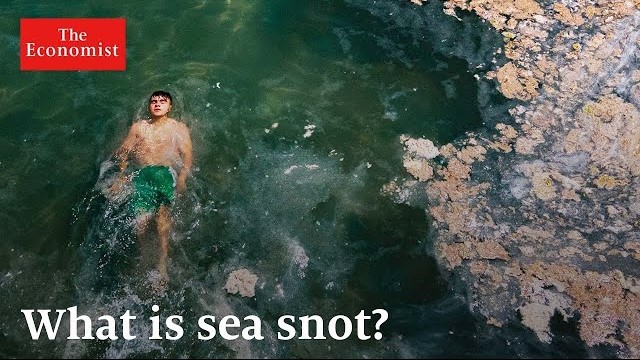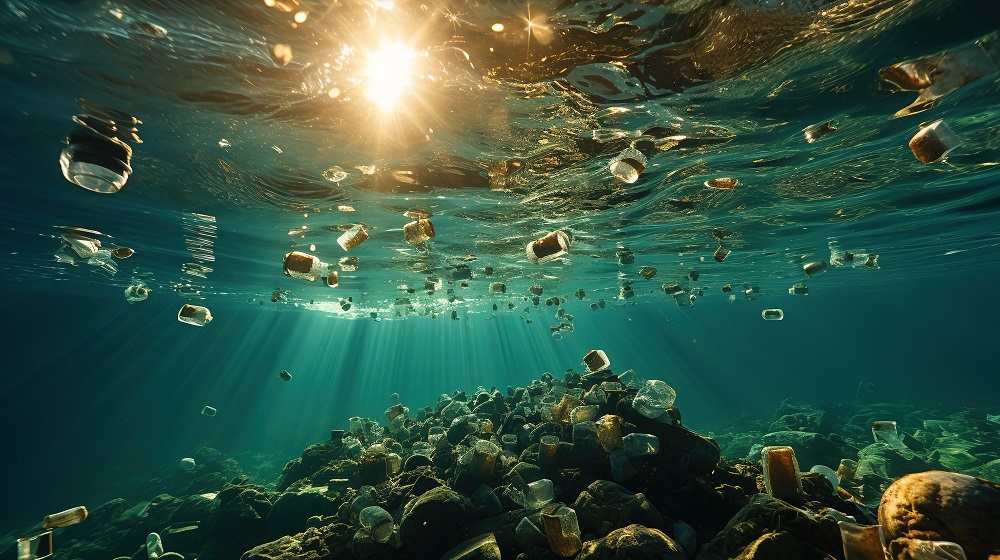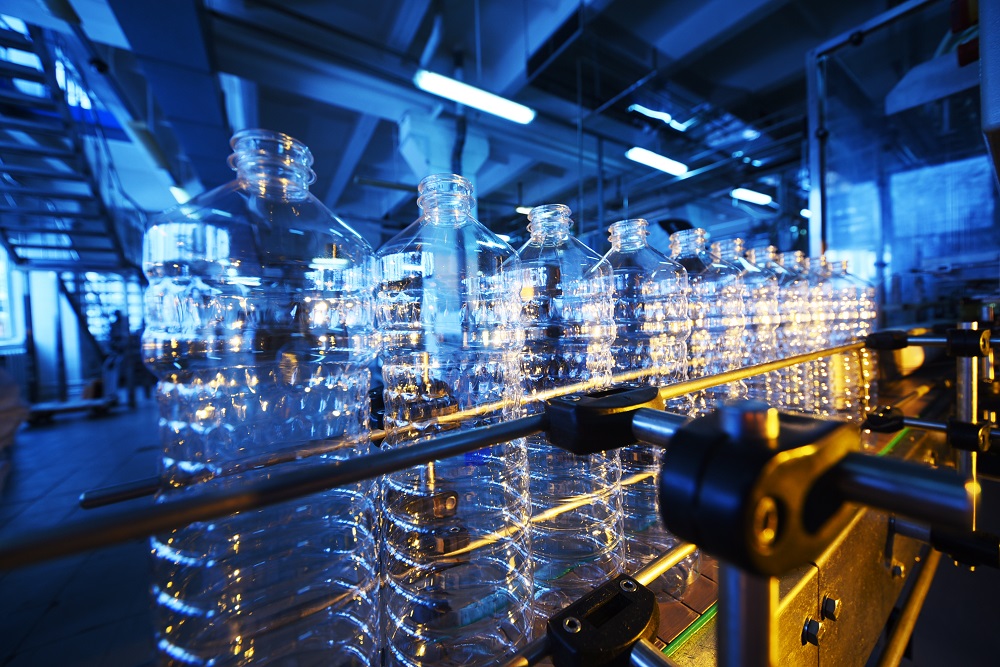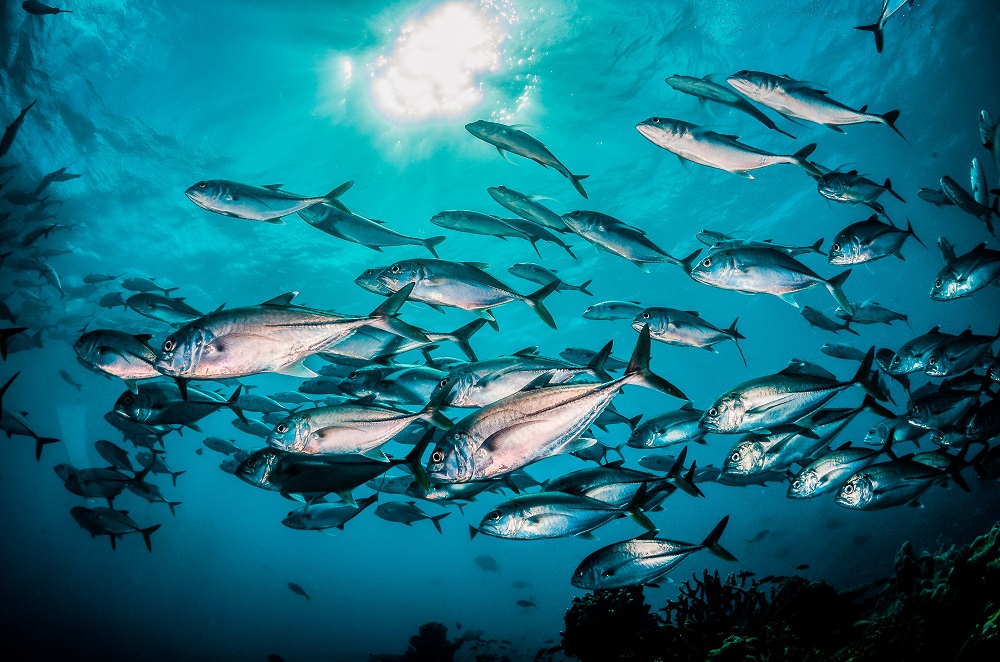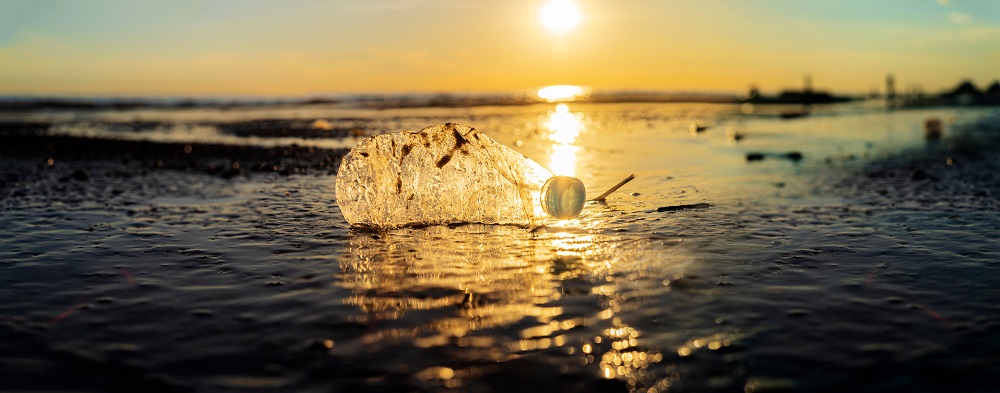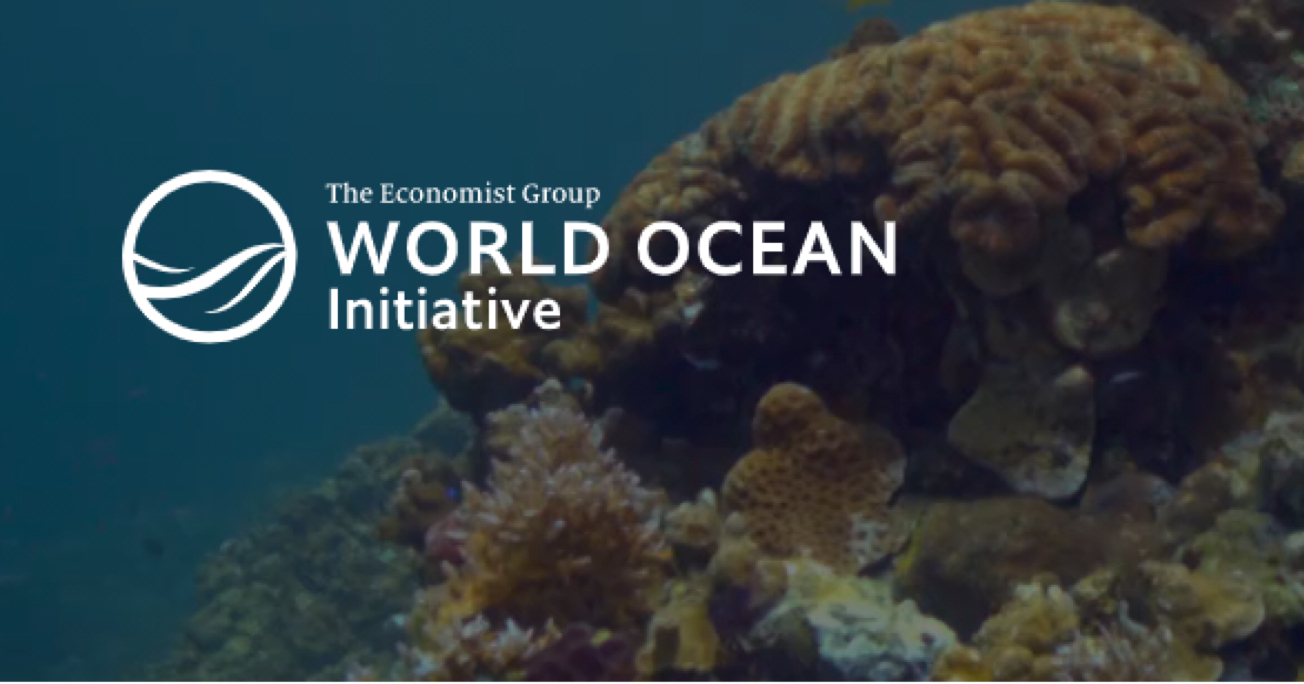Research
MARINE CHEMICAL POLLUTIONChemical pollution of land, air, rivers, and watersheds has been a persistent issue for decades, occasionally prompting decisive action. However, only recently has the extent of chemical pollution become more evident. The Invisible Wave, published by Back to Blue in 2022, highlighted the problem of marine chemical pollution to policymakers, governments, the chemicals industry, the wider business community, the finance sector, civil society, and consumers. Now, A Global Ocean Free of the Harmful Impacts of Pollution: A Roadmap for Action, sets out a pathway to address it.
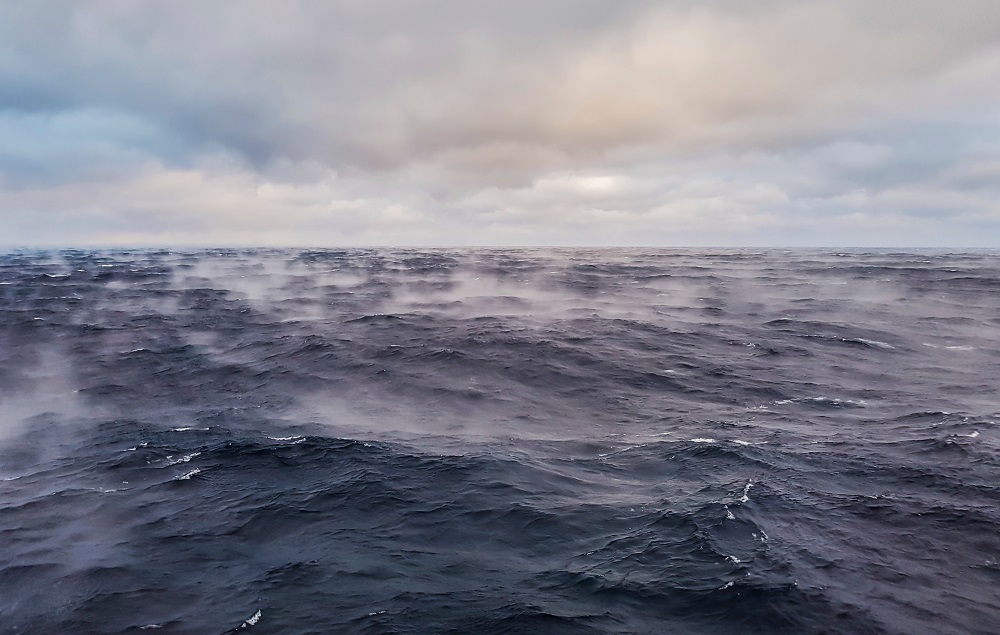
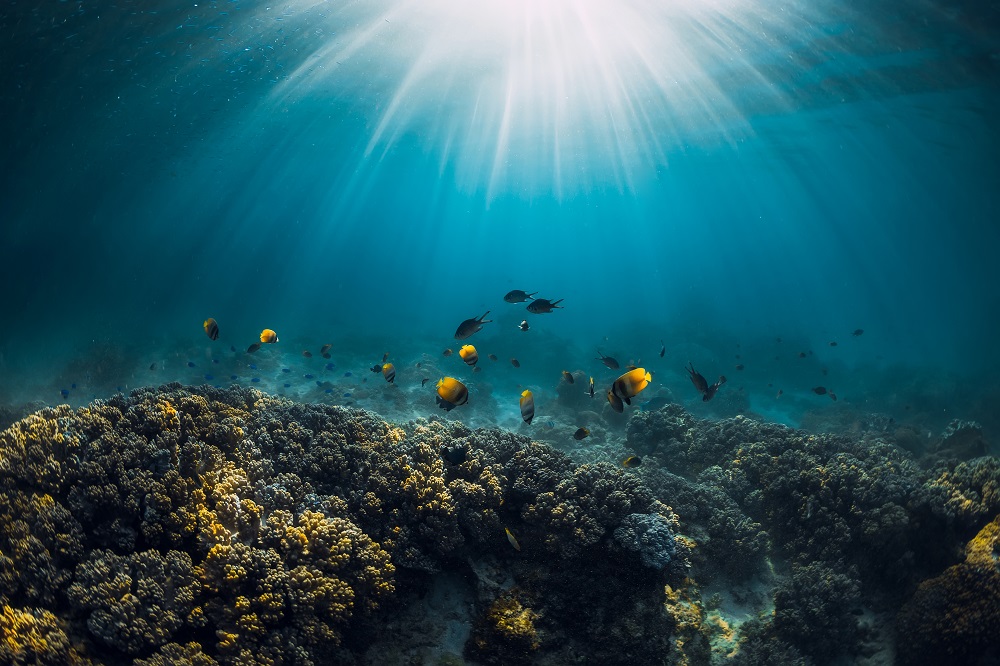
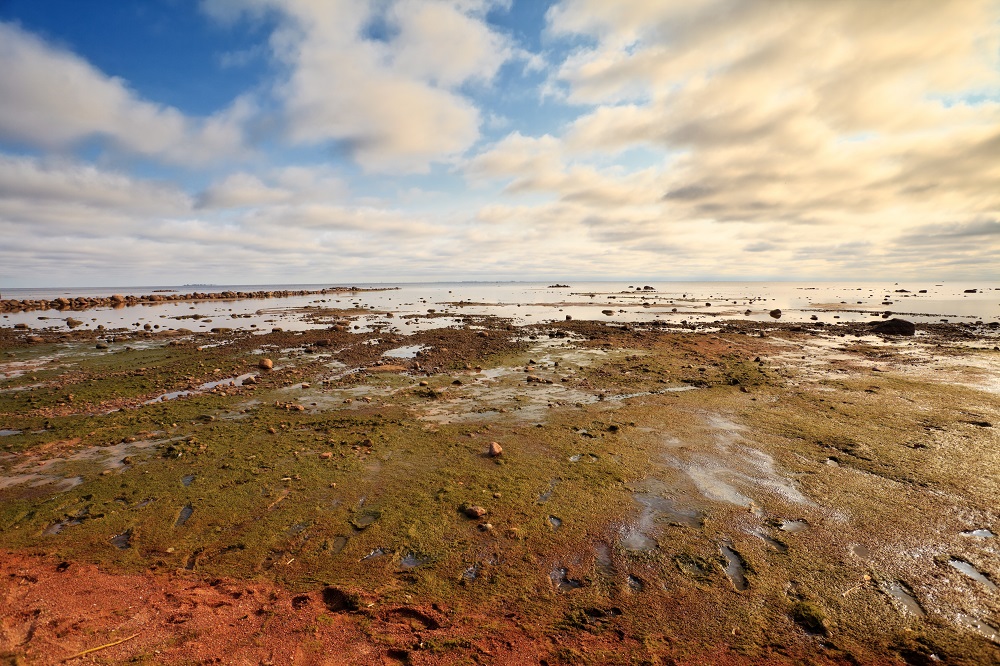

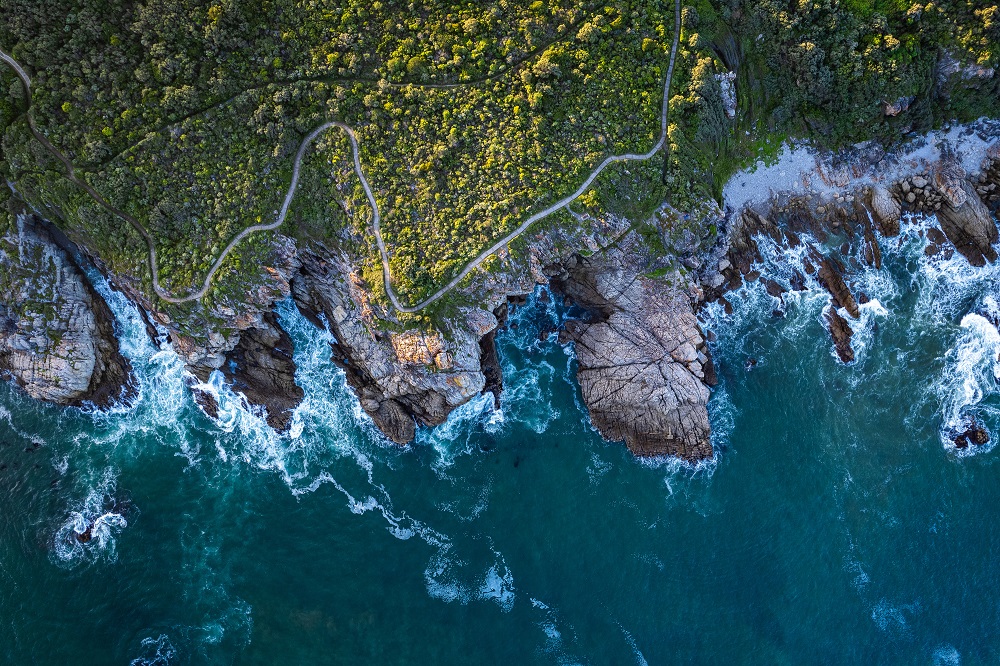


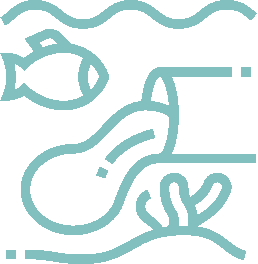

 World Ocean Summit & Expo
2025
World Ocean Summit & Expo
2025 UNOC
UNOC Sewage and wastewater pollution 101
Sewage and wastewater pollution 101 Slowing
the chemical tide: safeguarding human and ocean health amid
chemical pollution
Slowing
the chemical tide: safeguarding human and ocean health amid
chemical pollution Hazardous chemicals in plastics - the discussions at INC
Hazardous chemicals in plastics - the discussions at INC


